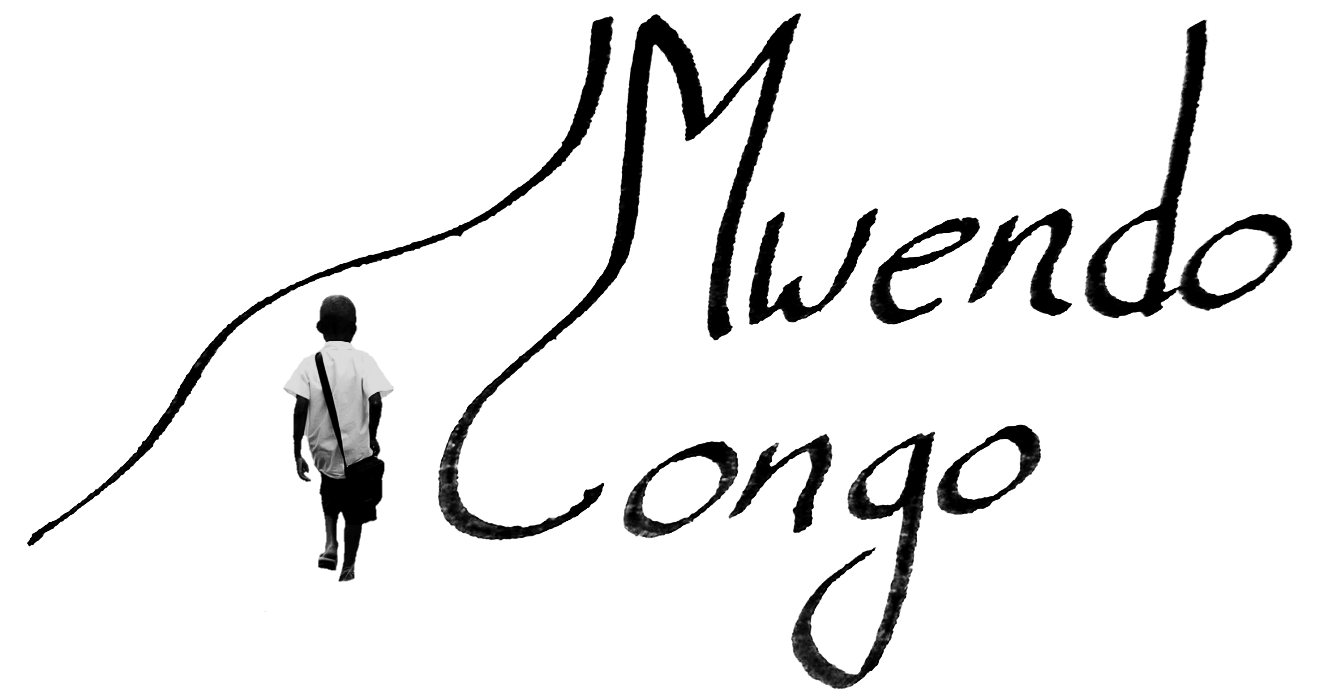Conflict Minerals 101: Watch this useful 2-minute video for a helpful primer.
Conflict Minerals 101: 2018 Update | Enough Project
Until recent years, the conflict minerals supply chain was a very lucrative scheme for Congo's armed groups and even parts of the Congolese army. But now that's all changing. Check out Enough's updated conflict minerals 101 video and learn about what you can do to continue to hold companies accountable.
What are Conflict Minerals?
The Democratic Republic of the Congo may seem far away, but if you reach into your pocket you probably have a piece of the Congo right there with you. Your cell phone, computer, and hearing aids are all made using the mineral Coltan. Eighty percent of the world's supply of coltan in found in the DRC. The value of this mineral mixed with its abundance in the DRC and the weakness of the DRC's central government have created an environment in which militias fight over control of mines, rape women as a tool to control populations, and force children to work in mines.
An artisanal gold mine in the DRC
Coltan is just one of four conflict minerals identified in the DRC, the other three are tin, tungsten, and gold. Rather than enrich the population, the abundance of these resources in the DRC has led to conflict, turmoil, and poverty. At the same time, we all profit from the use of these minerals in our everyday lives. However, our purchases do not need to support the conflict in the DRC. There are laws in place, and initiatives taken by some large company that aim to track minerals from their source of production in order to ensure that they are conflict-free (see sidebar). So buy conflict-free and support these initiatives!
But there is still much work to be done to stop the lucrative trade of conflict minerals. In 2010 the U.S. passed the Dodd-Frank Wall Street Reform and Consumer Protection Act, which contained a section requiring companies to report where they sourced their tin, tungsten, tantalum (coltan) and gold from. Though this law has had an impact, companies have found it difficult or been slow to comply. In last years filings, out of more that 1,200 companies, only 24% were in full compliance with the law. But we can have an influence by voting with our dollars to reward companies that have made the best efforts to be conflict free, and we can encourage our friends, communities, schools, companies, cities, and states to commit to buying conflict free.
© Jon Gosier and Appfrica Labs
© Sasha Lezhnev - Enough project
Conflict Minerals
One of the greatest tragedies that has come of the conflict in the DRC is the silence of the rest of the world. If you have been shocked by what you have learned about the DRC on this website, at one of our presentations, or elsewhere, then tell a friend. Tell all of your friends and tell all of them to tell all of their friends. The first step to action is awareness, and action is the key to change!
TAKE ACTION!
Interested in getting involved in our advocacy work? Click the button below to submit a form about your interests and we’ll be in touch!


